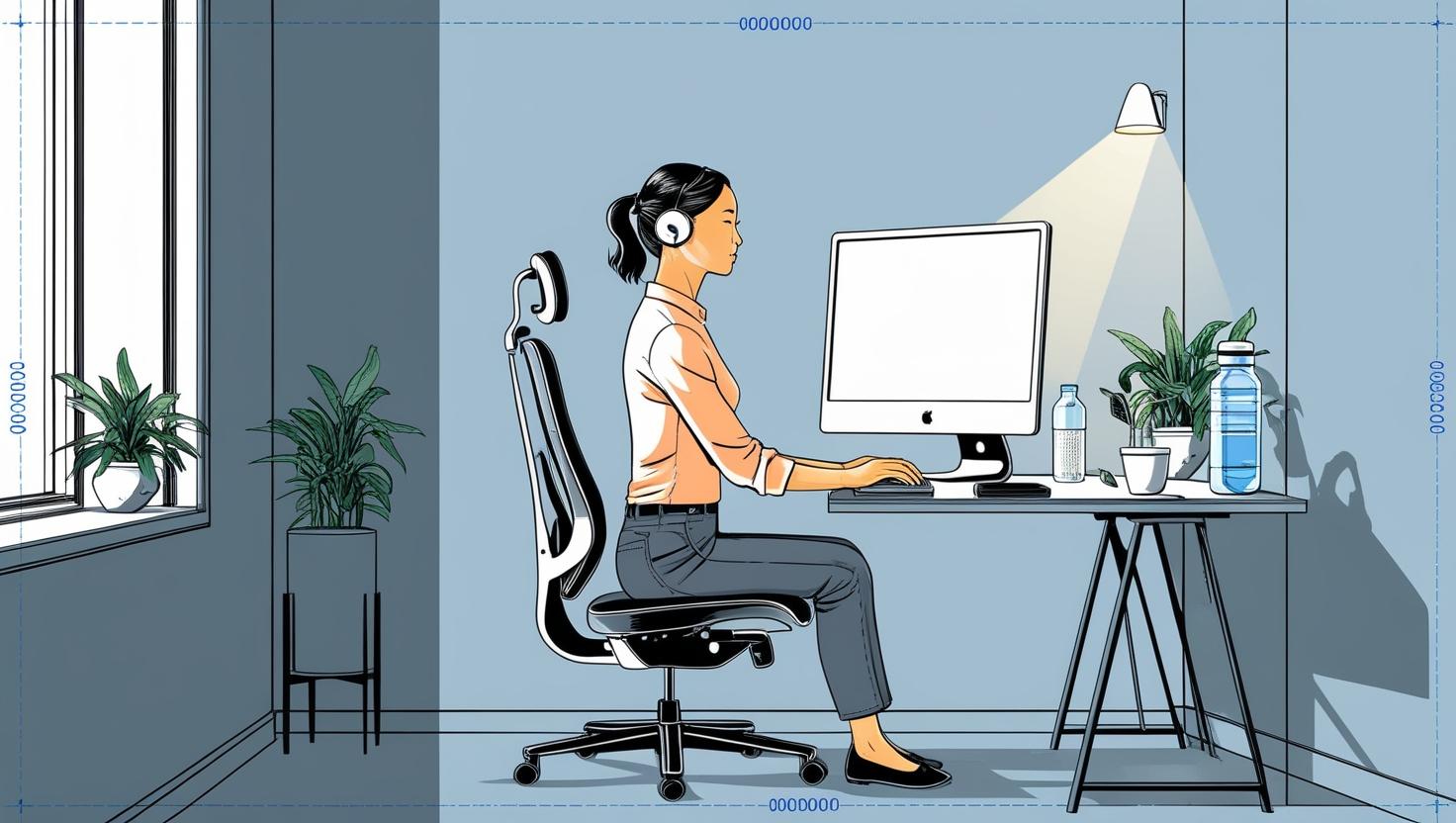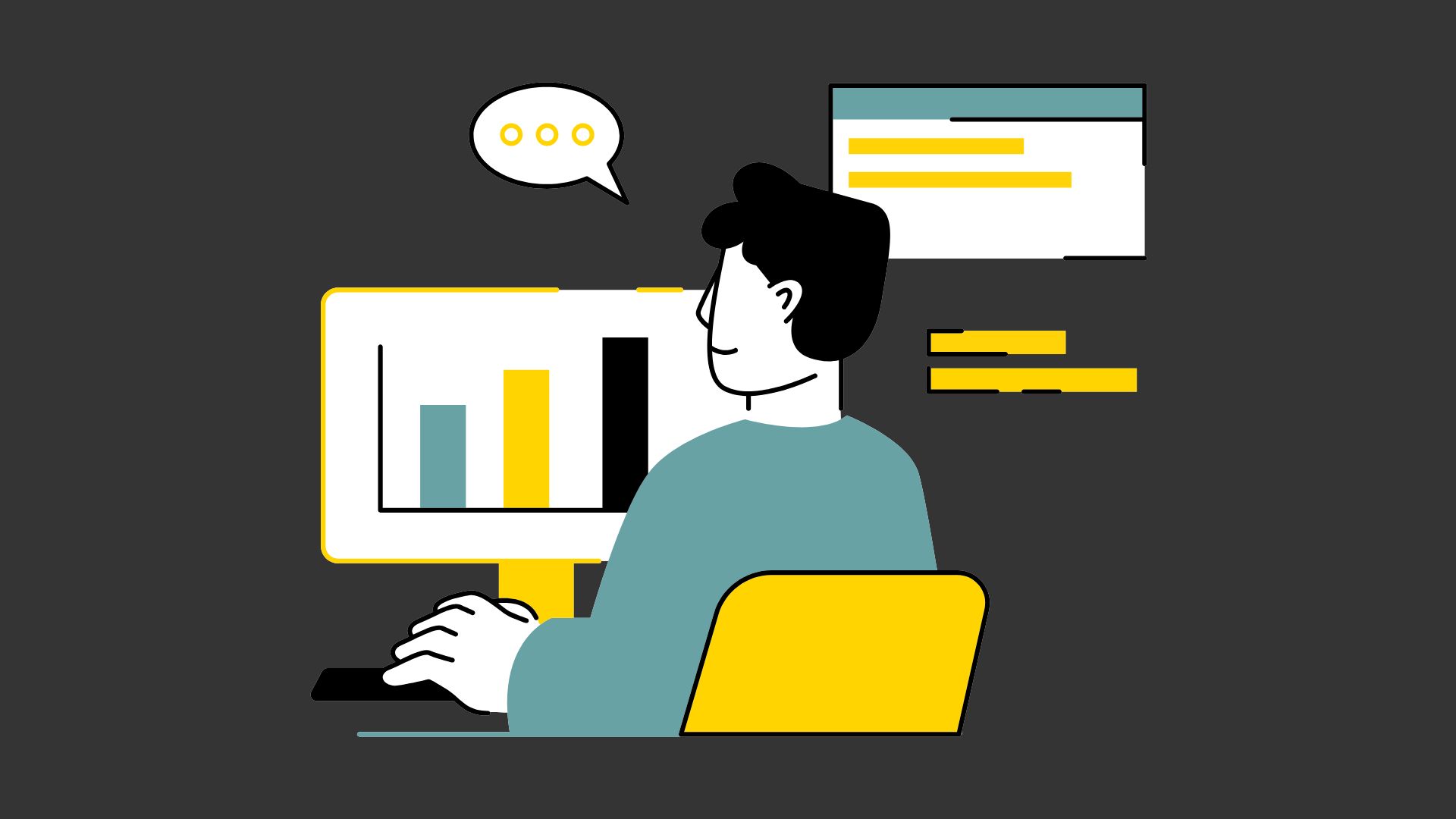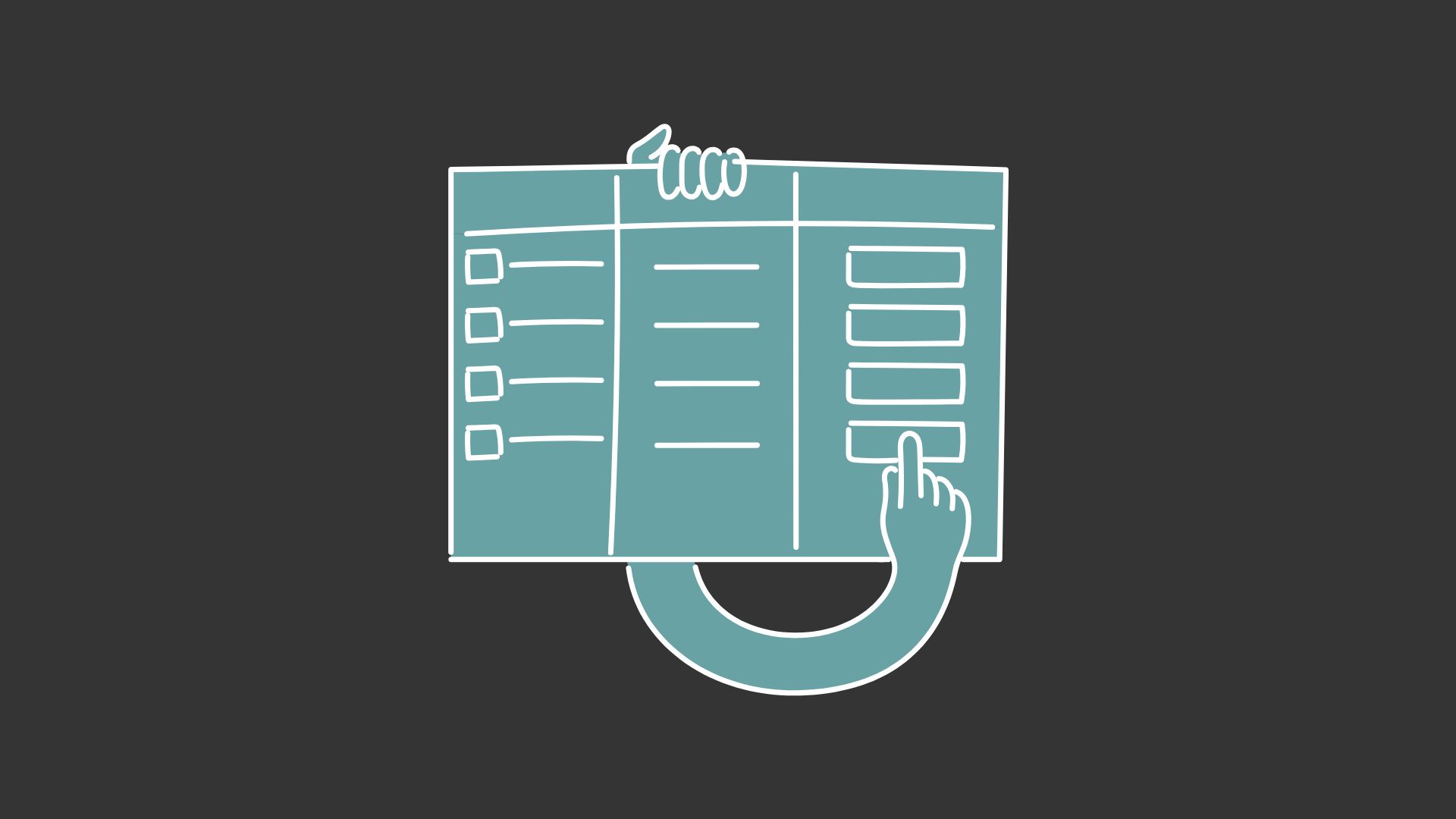
You know those days when you sit down to work, and three hours later you’ve done… pretty much nothing? Yeah, I’ve been there too. More times than I want to admit. In today’s world with notifications everywhere, being able to focus feels like having a superpower. But here’s what I’ve learned – focus isn’t something you either have or don’t. It’s more like a muscle you can build up over time.
I’ve spent years fighting my own distraction problems (I waste way too much time on Reddit), and I’ve figured out that improving focus isn’t about having amazing willpower. It’s about understanding how our brains work and setting up the right conditions. Let me share some practical tips that have helped me take back my attention in a world that’s always trying to steal it.
Understanding Attention: Why We Struggle and How to Improve
Our brains weren’t built for today’s world. That’s the truth. Our attention system evolved to notice changes around us, like possible dangers or food, not to stare at a spreadsheet for hours.
When you can’t focus, you’re not failing. Your ancient brain is just doing exactly what it was made to do: look for new things and possible threats. The constant beeps, alerts, and information overload of modern life mess with these systems.
The good part? Once you understand this, you can work with your brain instead of fighting it. Focus isn’t about forcing yourself to concentrate, it’s about managing your environment and working with your brain’s natural patterns.
Daily Distractions: How to Silence the Noise and Stay on Track
Let’s be real, distractions are everywhere, and they’re not going anywhere. The average person looks at their phone 96 times a day. That’s like once every 10 minutes!
Start by figuring out what your personal distraction triggers are. For me, it’s Twitter and email alerts. Once you know your weak spots, you can create some barriers:
- Put your phone in another room when working on important stuff. Sounds too simple, but research shows that even having your phone face-down on your desk makes you less smart.
- Use website blockers like Freedom or Cold Turkey during work sessions.
- Turn off most notifications. Do you really need to know right away when someone likes your post?
- Set specific times for checking email and messages instead of responding to every ping.
Remember, the goal isn’t to live completely distraction-free (impossible these days). It’s about creating enough space for your brain to deeply engage with important stuff.
The Productivity Power of Breaks, Sleep, and Self-Care
Here’s something that seems backward: Working non-stop actually ruins your focus. Your brain needs rest time.
The most focused people I know aren’t the ones who work 12-hour days. They’re the ones who work really hard for shorter periods, then completely disconnect. Research shows the best work rhythm for most people is 52 minutes of focused work followed by a 17-minute break.
Sleep is your focus superpower. When I don’t sleep enough, my concentration is the first thing to go. Try to get 7-9 hours consistently.
Movement matters too. A quick 10-minute walk can reset your brain when you’re feeling foggy. I keep a jump rope near my desk for quick break sessions when I need to clear my head.

Build a Focus-Friendly Environment: Tools, Space & Sounds
Your environment affects your focus more than you think. I completely changed my ability to concentrate by redesigning my workspace.
Clear visual clutter from your workspace, physical mess creates mental mess. Even if it’s just cleaning off the desk you’re working at.
Think about noise-canceling headphones if you work in a distracting place. Combine with background sounds that work for your brain, some people focus better with white noise, others with nature sounds, and some with instrumental music.
Temperature matters too, studies show that people do thinking tasks best when the room is between 68-72°F.
Position your workspace to minimize visual distractions, facing a blank wall rather than a window with activity can help some people maintain focus.
Train Your Brain: Mental Techniques to Sharpen Concentration
Focus is a mental skill you can strengthen with practice. These techniques have helped me develop much stronger concentration:
Meditation isn’t just for relaxation, regular practice actually rewires your brain for better attention control. Start with just 5 minutes daily.
Practice “single-tasking”, deliberately doing just one thing at a time, like fully focusing on your coffee in the morning without looking at your phone.
Use the Pomodoro Technique, work in focused 25-minute sprints with 5-minute breaks. It’s like interval training for your attention span.
Practice bringing your mind back when it wanders instead of getting mad at yourself about distraction. The “bringing back” is the actual focus exercise, just like a rep at the gym.
From Chaos to Clarity: Organizing Your Day for Deep Work
The structure of your day can make or break your focus. I’ve found that not all hours are equal when it comes to concentration.
Find your personal “peak focus hours” for most people, this is within the first few hours after waking up. Protect these hours strongly for your most important work.
Group similar tasks together to avoid the focus-killing costs of switching contexts. I handle all my emails in one or two blocks rather than checking throughout the day.
Create clear start and end rituals for focused work sessions. I use a specific playlist to signal to my brain that it’s time to concentrate.
Plan tomorrow before you finish today. Taking 10 minutes to outline tomorrow’s priorities gives your brain a head start on organizing information.
Fuel for Focus: The Role of Food, Movement, and Mindfulness
What you put in your body directly impacts your ability to concentrate. After years of afternoon focus crashes, I finally realized the connection to my lunch choices.
Avoid heavy, high-carb meals when you need to focus afterward. The post-lunch energy crash is real.
Stay hydrated, even mild dehydration hurts thinking performance.
Think about the timing of caffeine strategically. Coffee takes about 20 minutes to kick in, so time it right before you need maximum focus.
Include movement throughout your day. Even a 60-second stretch break every hour helps maintain mental clarity.
How to Rewire Your Routine to Beat Multitasking
Despite what many of us were taught, multitasking kills focus, it’s not a superpower. When you switch between tasks, your brain pays a “switching cost” each time.
Start by tracking how often you interrupt yourself. Most people are shocked when they realize how frequently they break their own focus.
Practice “task completion” finishing one thing before moving to the next, even if it’s small. This builds the focus muscle.
Create transition buffers between activities. I take 5 minutes between meetings to clear my head rather than jumping directly from one to the next.
Gradually extend your single-task focus periods. If you can only go 5 minutes now without checking your phone, aim for 7 minutes tomorrow.
Why Focus Matters: The Real Impact on Results and Motivation
The ability to focus doesn’t just affect your productivity, it changes the quality of your work and how you experience doing it.
Deep focus creates flow states, those magical periods where you’re completely absorbed in what you’re doing. These moments are not only highly productive but also deeply satisfying.
Scattered attention leads to scattered results. Most truly meaningful accomplishments require sustained focus over time.
Focus impacts creativity too. Contrary to what people think, creative insights often come after periods of deep concentration, not during distraction.
The ability to direct your attention is ultimately about taking ownership of your life, choosing what deserves your mental energy rather than letting outside forces decide.
Concluding
Improving your focus isn’t about becoming some productivity machine. It’s about creating space for what matters most to you. Whether that’s creative work, solving problems, or being fully present with people you care about.
The strategies we’ve looked at aren’t about perfection. They’re about progress. Even small improvements in your ability to focus can create big ripple effects in your work and life.
Remember that focus is a practice, not a destination. Some days will be better than others. The key is building systems that support your brain rather than fighting against how it naturally works.
What focus strategy will you try first? Start small, be consistent, and watch how your relationship with your own attention begins to change. Your ability to focus might just be the most valuable skill you can develop in our increasingly distracted world.







